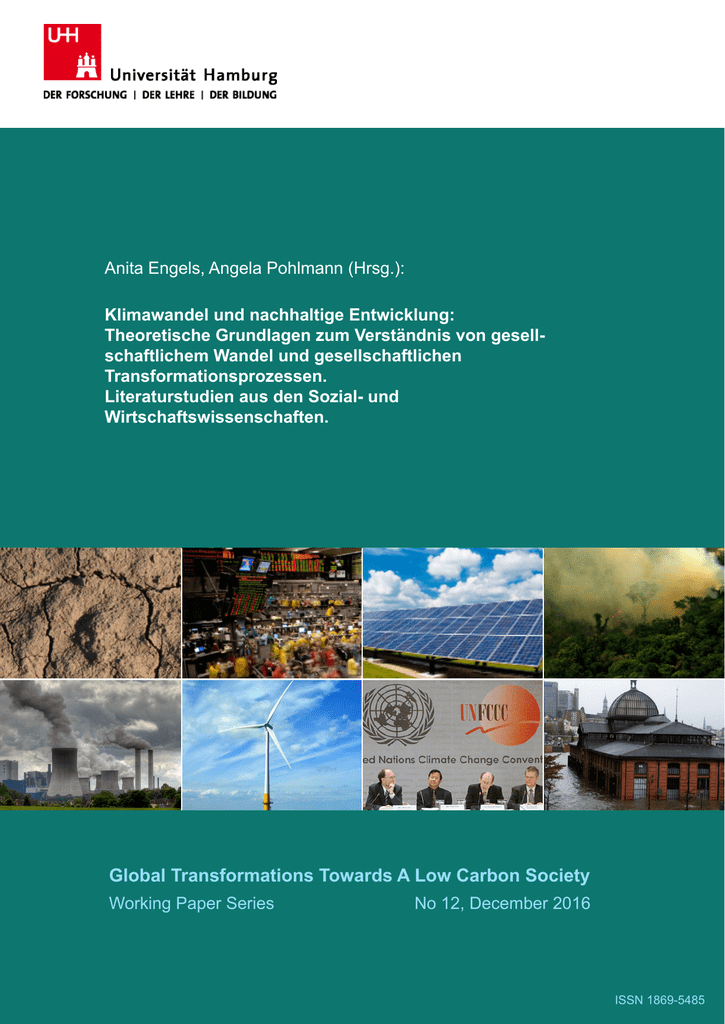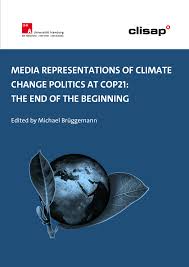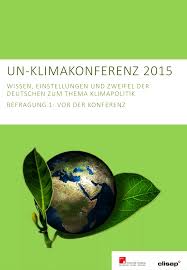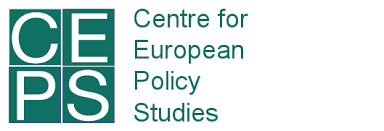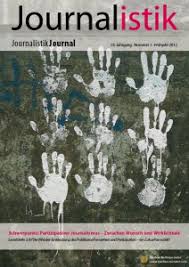Abstract
Food consumption is a critical area of concern given its environmental impact and link to global health. The media framing of food choices is likely to impact food practices. This is why we study the framing of food choices in leading newspapers in Germany, India and USA. An in-depth qualitative content analysis of 60 articles reveals Body and Health and Sustainable Living as salient master frames. Both, the liberal and conservative press go beyond mere acceptance of ‘alternative’ diets such as vegan, vegetarian and organic. They promote these food choices, highlighting health and environmental aspects, while calling for restraint in consuming animal foods. Newspapers also prominently feature reinvented traditional foods, as well as foods manufactured in the laboratory. The coverage of food choice is driven by the construction of ‘good’ taste, signaling an appetizing, rather than punishing, trend. This study fills the space for an up-to-date, comparative frame analysis on food choice, integrating a non-Western economy.
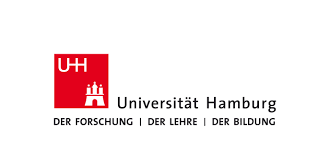
Mittal, Radhika; Brüggemann, Michael (2019): Eating for future. Elite media framing of sustainable food choices. Universität Hamburg (Working Paper Series Sustainable Lives: Food Choices as Politics and Lifestyle). Available online at https://www.fdr.uni-hamburg.de/record/798#.Xk-SS25FyUl.

